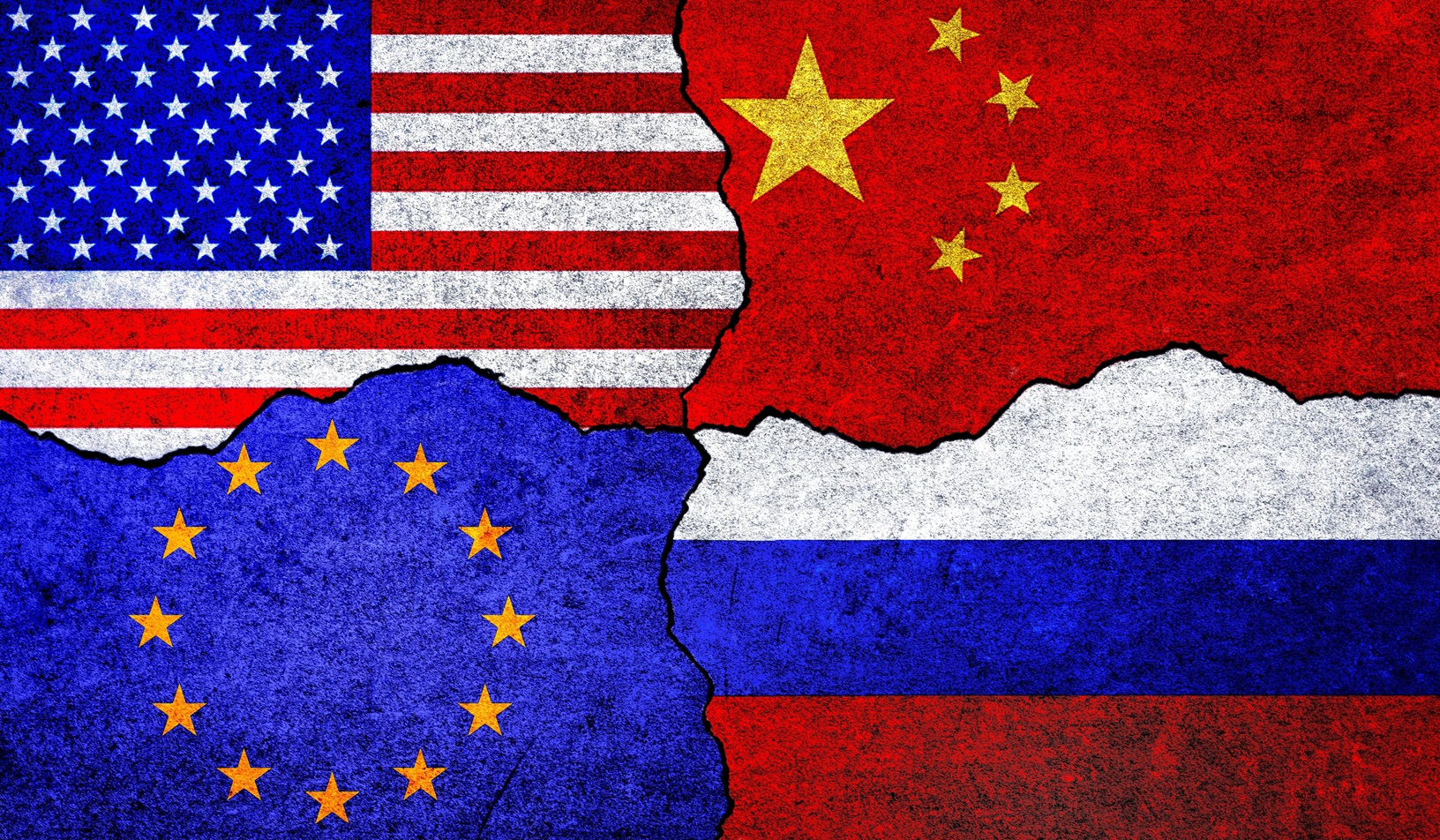Europe
Europe is described here in a geographical sense. It is not limited to the European Union, and includes, for example, the United Kingdom and the Balkans. It remains central to international relations.
Related Subjects

Placing the EU on a Warfare Footing: Energy and Raw Materials Priorities for 2026

The year 2025 has confirmed that one must prepare for much worse in the field of geopolitics and geoeconomics as the intensity and frequency of shocks increase and as the European Union (EU) has no more stable flanks now that crises with the United States (US) become so frequent and reveal a systemic rift. In the world, barriers to trade multiply and dependencies are weaponized.

France, NATO and European Security: Status Quo Unsustainable, New Balance Unattainable?

France, Europe and the Mediterranean: A Region of Opportunities


The European Union's International Normative Influence: A Constrained Ambition?
An up-to-date evaluation of the strengths and weaknesses of the European Union's international normative influence
The Future of Deterrent Capability for Medium-Sized Western Powers in the New Environment

New Citizenships: Refugees and Undocumented Migrants in Europe
With the installation of new migrants, and as new expressions of identity and citizenship have been lately emerging, European countries have adopted quite diverse integration policies. This essay proposes both an analysis and an interpretation of this complex phenomenon.

The First World War: a Hiatus in the Development of the European System

The German Questions in the 20th Century: Identity, Democracy ans European Equilibrium

Nations and Europe in the 20th Century: from a Negative Form of the Sacred to a Positive Form of the Secular

Asia-Europe Cooperation: Beyond the Financial Crisis: Report of the Council for Asia-Europe Cooperation (CAEC)
Support independent French research
Ifri, a foundation recognized as being of public utility, relies largely on private donors – companies and individuals – to guarantee its sustainability and intellectual independence. Through their funding, donors help maintain the Institute's position among the world's leading think tanks. By benefiting from an internationally recognized network and expertise, donors refine their understanding of geopolitical risk and its consequences on global politics and the economy. In 2025, Ifri supports more than 80 French and foreign companies and organizations.










